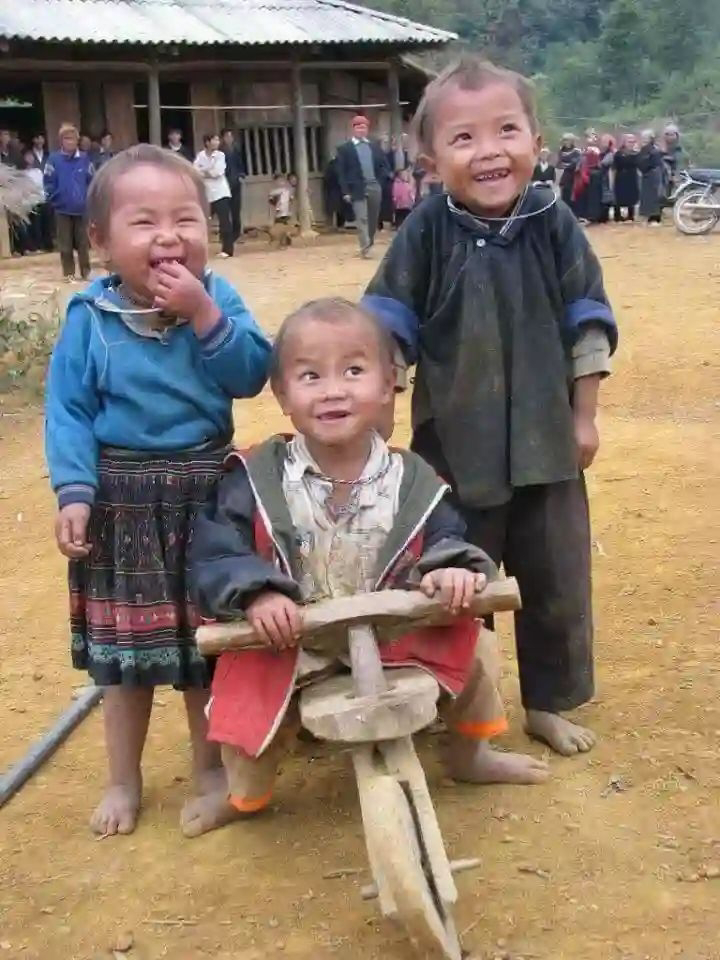IS HAVING CHILDREN AN INVESTMENT FOR PARENTS OLD AGE
Is Having Children an Investment for Parents’ Old Age
The notion that children serve as a safety net for parents in old age has long been ingrained in many cultures. Historically, this belief thrived in agrarian societies where large families were essential for farm labor and wealth accumulation. However, this perspective is increasingly outdated in our modern world, which now hosts over eight billion people competing for dwindling resources. Today, responsible family planning is not just advisable it is imperative.
A decade ago, while working with an NGO, I encountered a poignant example of this issue. Each morning, I passed a woman selling fried yam with her 10-year-old daughter. When I asked why the girl was not in school, the mother replied, “If she goes to school, who will help me sell? We need money to feed her father and pay her siblings’ school fees.” This exchange underscores a harsh reality: many parents have children they cannot adequately support, shifting the burden of care onto older siblings.
In such cases, older children are often forced to sacrifice their education and childhood to provide for younger siblings. Some parents even halt their eldest children’s schooling, pressuring them to financially support the family. This inequity fosters resentment and entitlement among younger children while subjecting older siblings to immense stress. Tragically, this pressure drives some to desperate measures, including prostitution, fraud, or other harmful activities.
Parents must recognize that love and responsibility toward their children must be equitable. Prioritizing the education and well-being of older children enables them to stabilize their lives and later support younger siblings. Conversely, forcing eldest children into premature caretaker roles risks perpetuating cycles of poverty and exploitation.
In many cultures, mental health struggles among overburdened children are dismissed, yet countless endure silent breakdowns. In Nigeria, for instance, millions of Almajiri children roam the streets, abandoned by families unable to care for them. These vulnerable children often become targets for terrorist recruitment, exacerbating societal instability.
In today’s challenging world, family size must align with parents’ capacity to provide. One to three children is a reasonable number for most households. Children are blessings, and as the Bible notes, parents are called to steward generational wealth for their children not exploit them as financial tools.
To break this cycle, parents must commit to raising children they can support equally. Discriminatory treatment and excessive demands on older siblings must end. Responsible parenting begins with nurturing each child’s potential, ensuring they are equipped to thrive and, in turn, uplift others.
Until the moment when will shall dance in white Greater Grace.
Oyugbo Osagie Jonah



Comments
Post a Comment